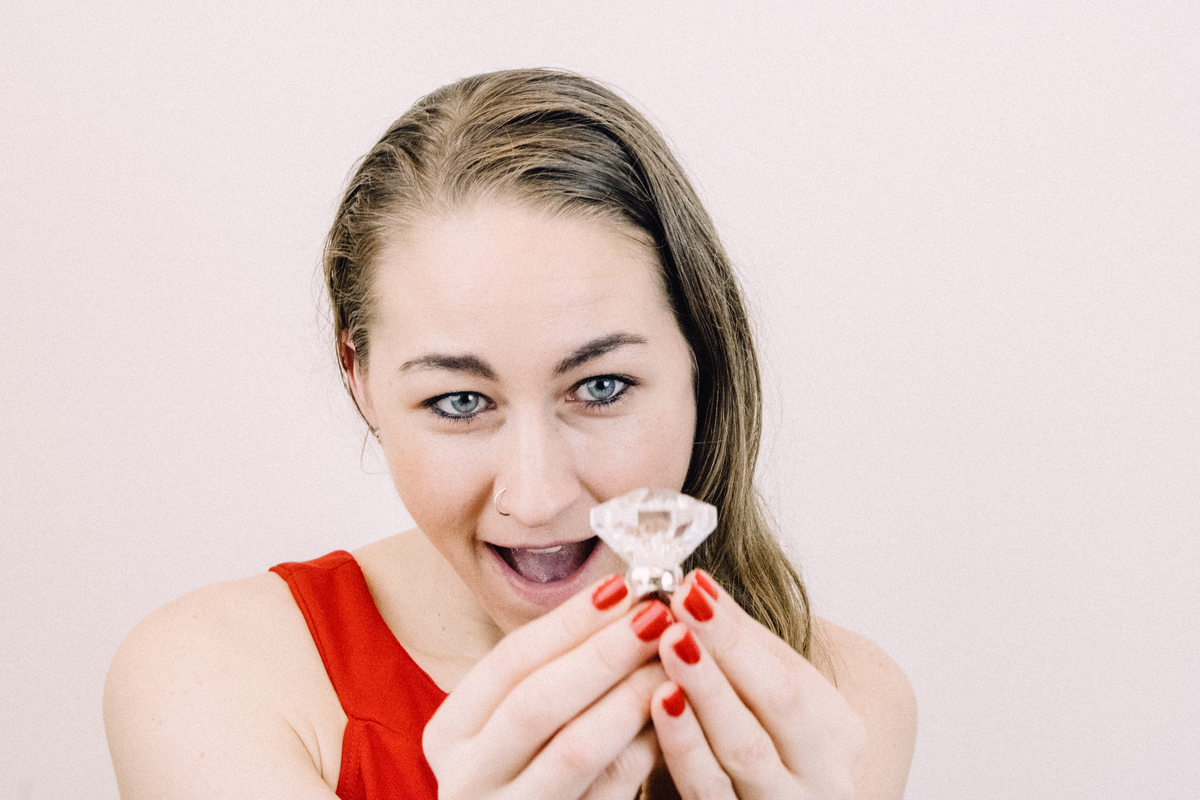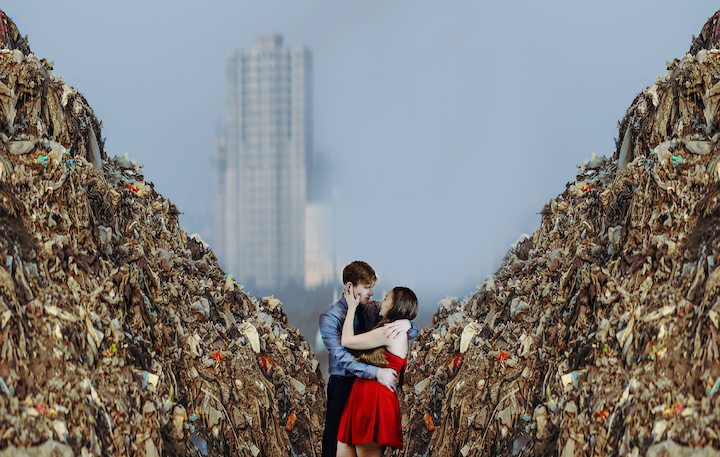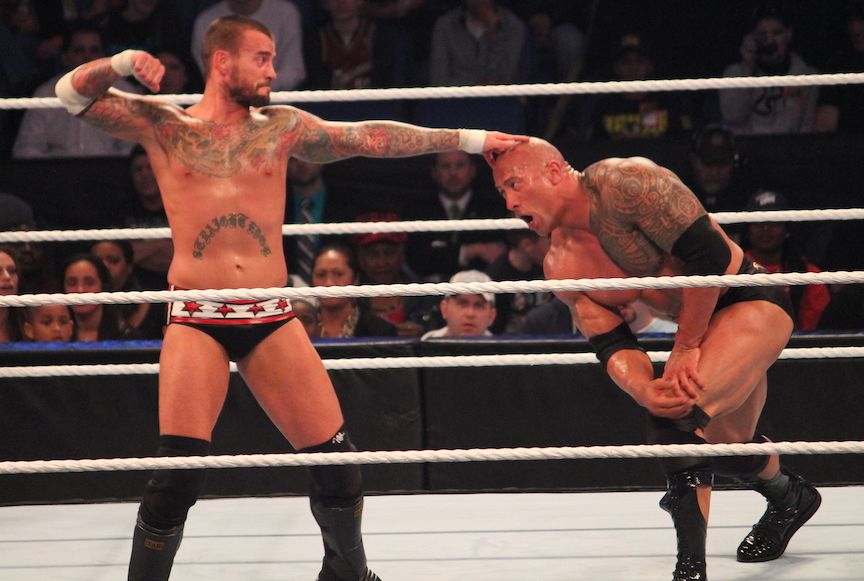As Valentine’s Day approaches, thoughts enter minds and contemplation ensues about whether the holiday celebrating love for others still represents that intention, or has it turned into another holiday that supports consumerism and capitalism?
All those cards, candies, flowers and jewelry add up—the National Retail Federation estimates, based on consumer surveys, that $20.7 billion will be spent in 2020 purchasing Valentine’s Day gifts for others, averaging out to $161.96 per person.
When asked whether the meaning of Valentine’s Day has been affected by capitalism, overwhelmingly the answer was yes. However, is the perception driven by age, gender, and culture, or does the opinion cross identities?
Christine Kloser, a 68-year-old retired nurse from Canby, Ore. said that “Valentine’s Day is getting too commercialized and has lost a lot of it’s meaning, which should be an expression of love or friendship between two people, family or others.” When asked if her experience celebrating the holiday has shifted over the years, she stated that it “is definitely more commercialized now.”
As a young adult, would the sentiment align, or would there be differing reasons? Savannah Lutz, a 20-year-old student from Eugene, Ore. was asked what her views were on capitalism and Valentine’s Day. Her focus immediately centered on “the large amount of advertisements, displays at stores and amount of products that aren’t directly connected to showing your love for someone. For example, decorations [and] pet products.”

Do the effects of capitalism cross cultures, or is this a phenomenon attributed solely to the United States? Massimo Guillory, a 32-year-old man originally from the capitalist country of Morocco, told a story of how “the day of love” is celebrated and affected by the pressure that comes from capitalism and family honor.
In Morocco, “teen boys and young adult men sometimes cannot afford valentines, and they think that their loved ones will look at them as [being] less. Because they are poor, their mothers take the lines to get flour, sugar, oil and tea, often covering their faces because they are embarrassed, and it shames their family. The pressure is so high for these boys and men that they steal sugar and oil from their families to sell so they can buy their girlfriend a valentine.”
When asked whether the value of the item was of importance, Guillory said, “If the girl buys her boyfriend a more expensive gift, then the man feels ashamed and required to make up for not spending enough money on her.”
Does the expression of love now have a price tag attached to it? Or is Valentine’s Day still representative of love and appreciation for those in our life that we care about? As people go about their day, showing affection towards one another in the smallest of ways, the choice to celebrate Valentine’s Day may provide some with a reason to do more than the ordinary, as an expression of love can take infinite forms.




